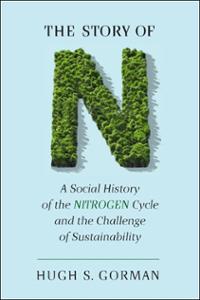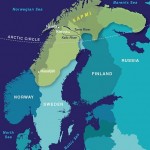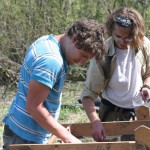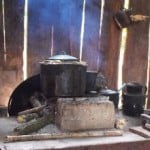
The Sustainable Sites Initiative—a program designed to ensure that built environments are planned, designed, developed and maintained as healthy, functioning landscapes—has awarded a one-star designation to the West Point Foundry Reserve in Cold Spring Harbor, N.Y. The foundry is the site of several years of research and a number of graduate theses in the Department of Social Sciences’ Industrial Archaeology Program. The conversion was also overseen by a MTY-IA graduate. See West Point Foundry.
The foundry rehab was also recently noted in the National Trust for Historic Preservation’s Preservation magazine in an article entitled, “Industrial Strength: Cold Spring, N.Y.,” as well as in Hudson Valley Magazine, in an article, “History and Preservation of the West Point Foundry in Cold Spring.”




